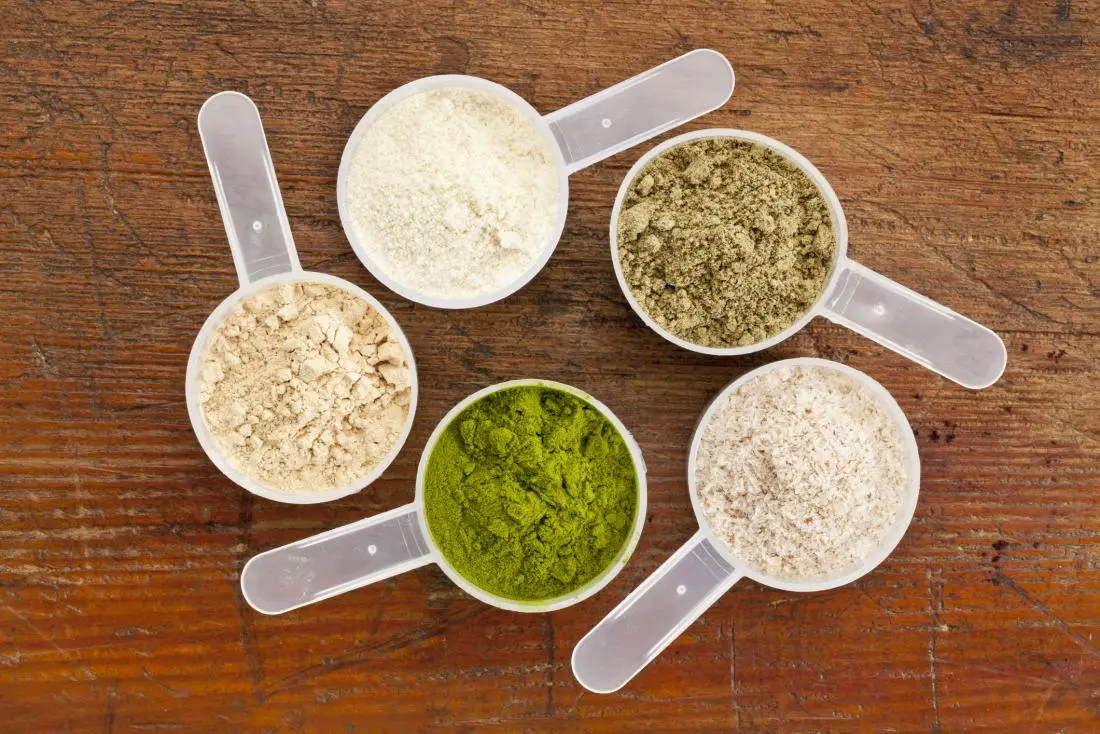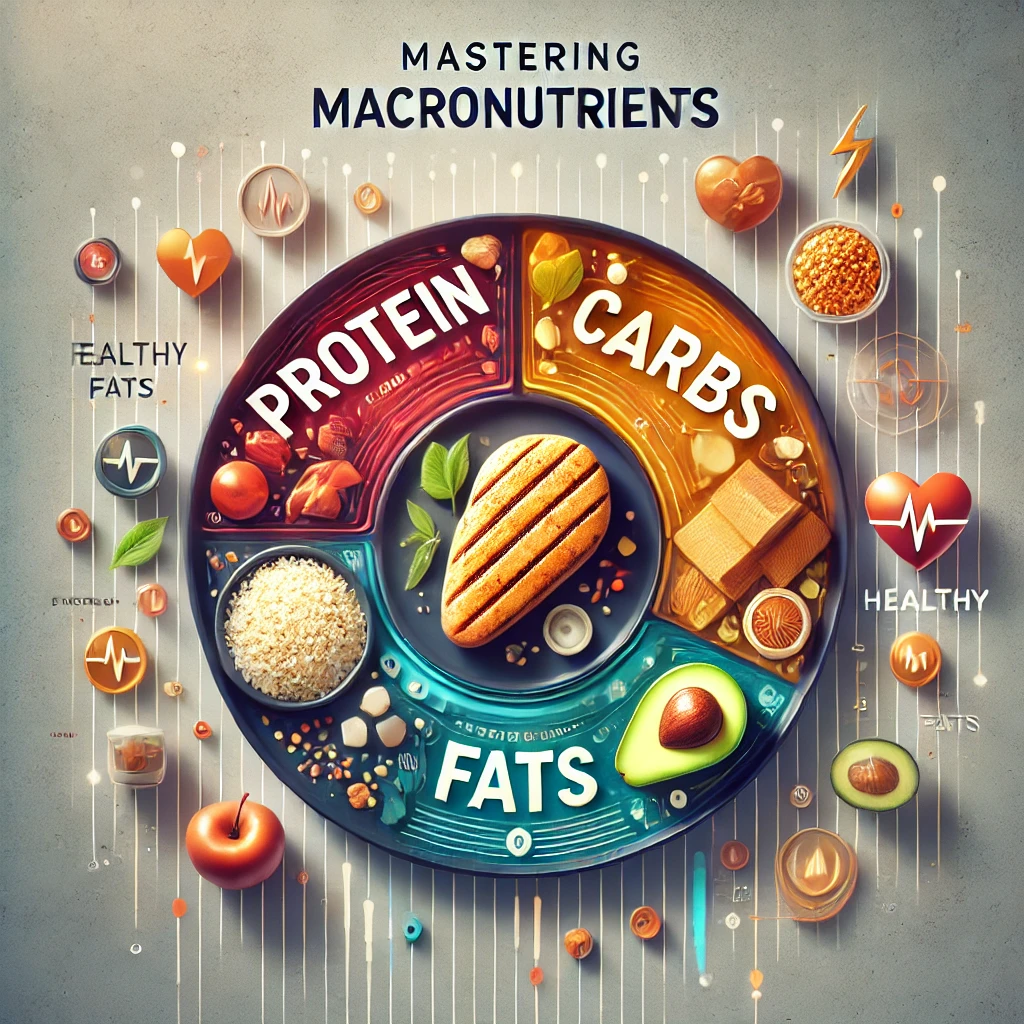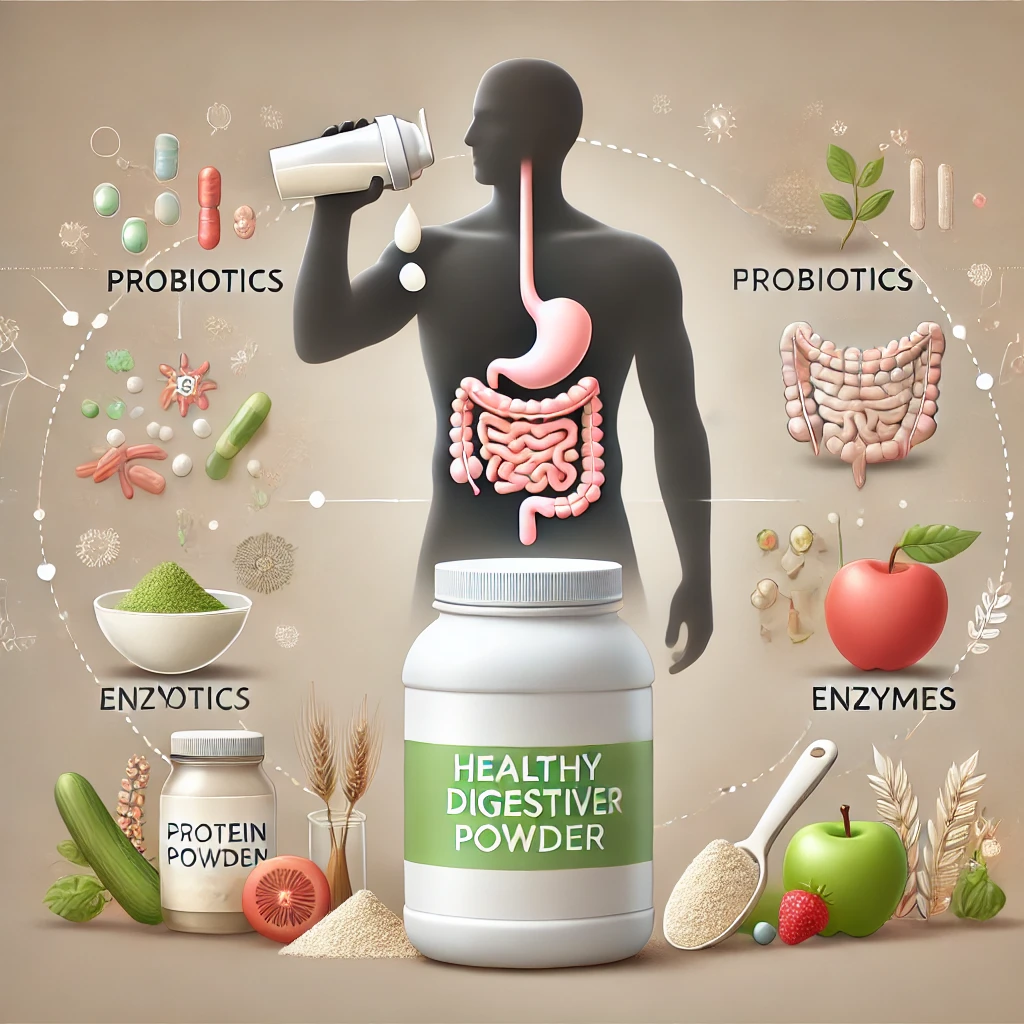Introduction
Maintaining strong and healthy bones is something we all care about, whether we’re young athletes or aging adults. Our bones support us through every movement, big or small, and taking care of them is crucial for a healthy life. Over the years, protein powders have become a staple in many diets—often viewed as a go-to supplement for muscle building and recovery. But can protein powder also help in maintaining strong bones? This article dives into the role protein powder plays in bone health, busting myths and providing practical insights.
Table of Contents
Understanding Bone Health

What Makes Healthy Bones?
Bone health is about more than just calcium. Bones are living tissues that constantly renew themselves. They need a variety of nutrients and regular activity to stay strong. A balance of minerals and a supportive structure of collagen ensures that bones are dense yet flexible.
Key Nutrients for Bone Health
Calcium and Vitamin D
Calcium provides the structure and hardness of our bones, while vitamin D helps absorb calcium effectively. Without enough of these two, bones can become weak and brittle.
Magnesium, Phosphorus, and Others
Minerals like magnesium and phosphorus are also crucial in maintaining bone strength and density. Together, these nutrients create a robust network that helps prevent fractures and support overall health.
The Role of Protein in Bone Health

How Protein Contributes to Bone Strength
Protein is a significant component of bone tissue. It plays a critical role in maintaining the bone matrix, which is essentially the framework upon which calcium and other minerals are deposited. Without sufficient protein, bones could lose their elasticity, making them more susceptible to fractures. Additionally, protein intake helps in the production of growth factors that stimulate bone growth.
Balancing Protein Intake for Optimal Bone Density
It’s all about balance. Too little protein can weaken bones, but consuming protein in adequate amounts, particularly alongside calcium and vitamin D, can increase bone mineral density. This is especially important as we age, since bone density naturally decreases over time.
Types of Protein Powders

Whey Protein
- Pros and Cons for Bone Health: Whey protein, derived from milk, contains all essential amino acids, making it a complete protein source. It’s also rich in leucine, which promotes muscle and bone strength. However, its dairy origin might not be ideal for those with lactose intolerance.
Plant-Based Protein Powders
- Pea, Soy, and Their Effects on Bones: Plant-based proteins such as pea and soy are excellent alternatives. Soy, in particular, contains isoflavones—compounds that may have a positive effect on bone density, especially in post-menopausal women. Pea protein also provides a high-quality amino acid profile that supports bone health.
Collagen Protein
- Unique Benefits for Bones and Joints: Collagen protein is specifically beneficial for joint and bone health. Collagen, a major structural protein in bones, helps in maintaining bone flexibility and reduces the risk of injury, particularly in joints.
How Protein Powder Impacts Bone Health
Positive Effects of Protein Powder on Bone Mineral Density
Protein powders can be an efficient way to ensure that you’re meeting your daily protein requirements, particularly for those who struggle with consuming enough through diet alone. Regular intake of protein powder, when paired with an active lifestyle and sufficient calcium intake, has been shown to contribute to stronger bones and improved bone mineral density.
Common Misconceptions About Protein and Bone Loss
There’s a common myth that a high-protein diet can lead to bone loss by leaching calcium from bones. However, recent studies suggest that this is not the case when adequate calcium is also consumed. In fact, protein and calcium work synergistically to improve bone health, not harm it.
Protein and Calcium Balance

Does High Protein Affect Calcium Levels?
The idea that high protein can drain calcium from bones stems from outdated research suggesting that protein creates an acidic environment that must be neutralized by calcium from the bones. Modern studies show that when protein intake is balanced with enough calcium, it actually enhances calcium absorption and bone strength.
Debunking the Protein-Acid Myth
Contrary to popular belief, the body has complex buffering systems to maintain pH balance, and dietary protein isn’t the villain it was once portrayed to be. It’s more about maintaining balance—ensuring you consume enough calcium along with your protein to support bone health.
Recommended Protein Intake for Bone Health
Ideal Protein Consumption for Different Age Groups
The amount of protein required for bone health varies by age and activity level. For adults, roughly 0.8 grams of protein per kilogram of body weight is recommended, though active individuals may require more. For older adults, increasing protein intake slightly can help offset the natural decrease in bone density with age.
Calculating Daily Protein Needs
Calculating how much protein you need can be as simple as multiplying your body weight by a factor of 0.8 to 1.2, depending on activity level. Including protein powder in your diet can help bridge any gaps, particularly for those who may not consume enough through traditional food sources.
Combining Protein Powder with Bone-Strengthening Nutrients
Mixing Protein Powder with Calcium-Rich Foods
Combining protein powder with calcium-rich foods like yogurt or milk can boost the bone-strengthening benefits. Smoothies with leafy greens (like spinach) and fortified almond milk are also great options.
Enhancing Protein with Vitamin D for Bone Health
Adding vitamin D, which helps the body absorb calcium more effectively, is another great strategy. You can mix protein powder with foods fortified with vitamin D or take a supplement, particularly in the winter months when natural sunlight is scarce.
Lifestyle Tips for Maintaining Strong Bones
Physical Activity and Weight-Bearing Exercises
Strengthening bones isn’t just about diet. Weight-bearing exercises like walking, jogging, or resistance training help stimulate bone remodeling, making them denser and stronger. When combined with adequate protein intake, these exercises can be even more effective.
Importance of a Balanced Diet
While protein is vital, it’s important to maintain a balanced diet rich in other nutrients that support bone health, including calcium, magnesium, phosphorus, and omega-3 fatty acids.
Risks of Excessive Protein Intake
Potential Downsides for Bone Health
Though rare, consuming too much protein could potentially lead to issues like kidney strain, especially for those with pre-existing kidney conditions. It’s important to not go overboard and ensure that your diet includes a good mix of other nutrients.
Finding the Right Balance
Balance is key to ensuring that protein benefits your bones without overloading your system. Stay mindful of your total protein intake and complement it with sufficient amounts of bone-healthy minerals.
Practical Ways to Use Protein Powder for Bone Health
Recipes and Usage Tips
Incorporate protein powder into smoothies, oatmeal, or even pancake batter to make it easier to consume. Look for recipes that combine protein with calcium-rich ingredients to maximize bone health benefits.
Timing Protein Intake for Bone Benefits
Timing can also make a difference. Consuming protein after physical activity, particularly weight-bearing exercises, helps muscles recover and may also contribute to stronger bones.
Frequently Asked Questions
Can Protein Powder Replace Dairy for Bone Health?
Not entirely. While protein powder provides ample protein, dairy products offer calcium and other nutrients essential for bones. Consider using both for a comprehensive approach.
Which Protein Powder is Best for Bone Health?
Collagen protein and soy protein are particularly beneficial for bone health, thanks to their unique properties that promote bone density and flexibility.
Can Elderly People Benefit from Protein Powder?
Yes, older adults can greatly benefit from protein powder as it helps offset age-related muscle and bone density loss. It’s an easy way to meet increased protein needs.
How Much Protein Powder Should I Take for Strong Bones?
This depends on individual needs, but typically 20-30 grams of protein powder per day can help supplement daily intake effectively without overdoing it.
Does Protein Powder Have Any Side Effects on Bones?
When consumed in reasonable amounts, protein powder does not negatively affect bones. In fact, it can enhance bone density, especially if accompanied by sufficient calcium and vitamin D.
Conclusion
Protein powder can be an effective supplement for maintaining and improving bone health, particularly when combined with other bone-supportive nutrients like calcium and vitamin D. Balancing your protein intake, choosing the right type of protein powder, and integrating it with a healthy lifestyle can significantly enhance bone strength, helping you stay active and strong as you age.










